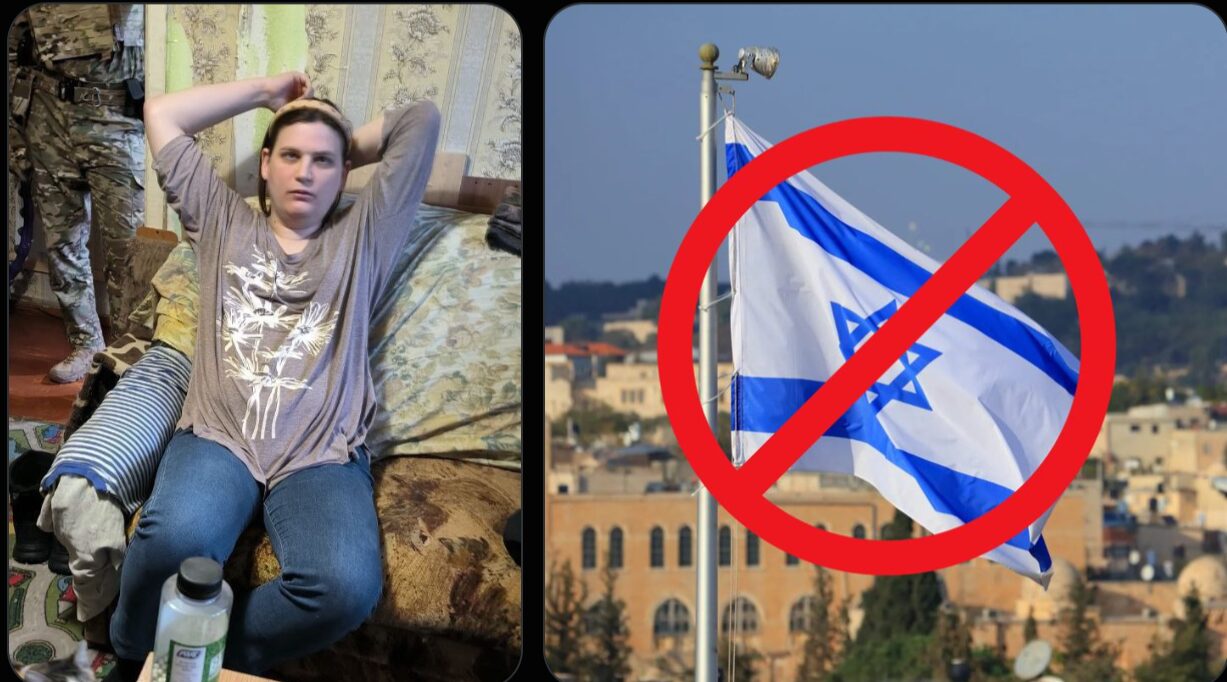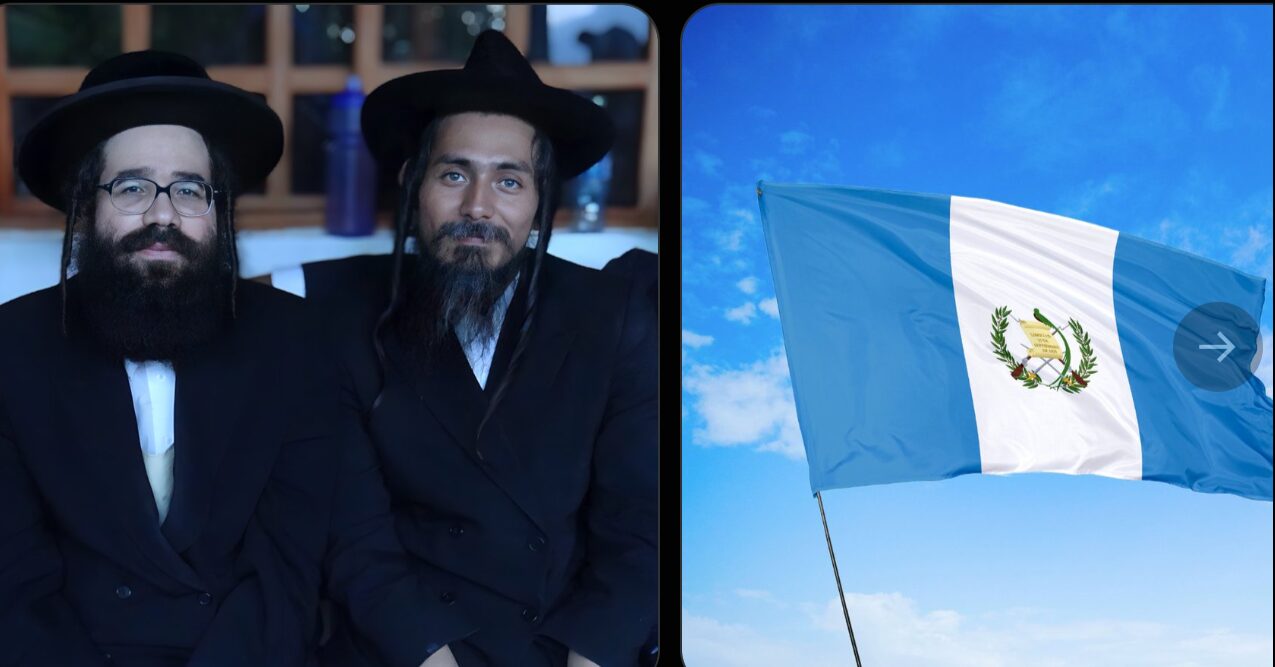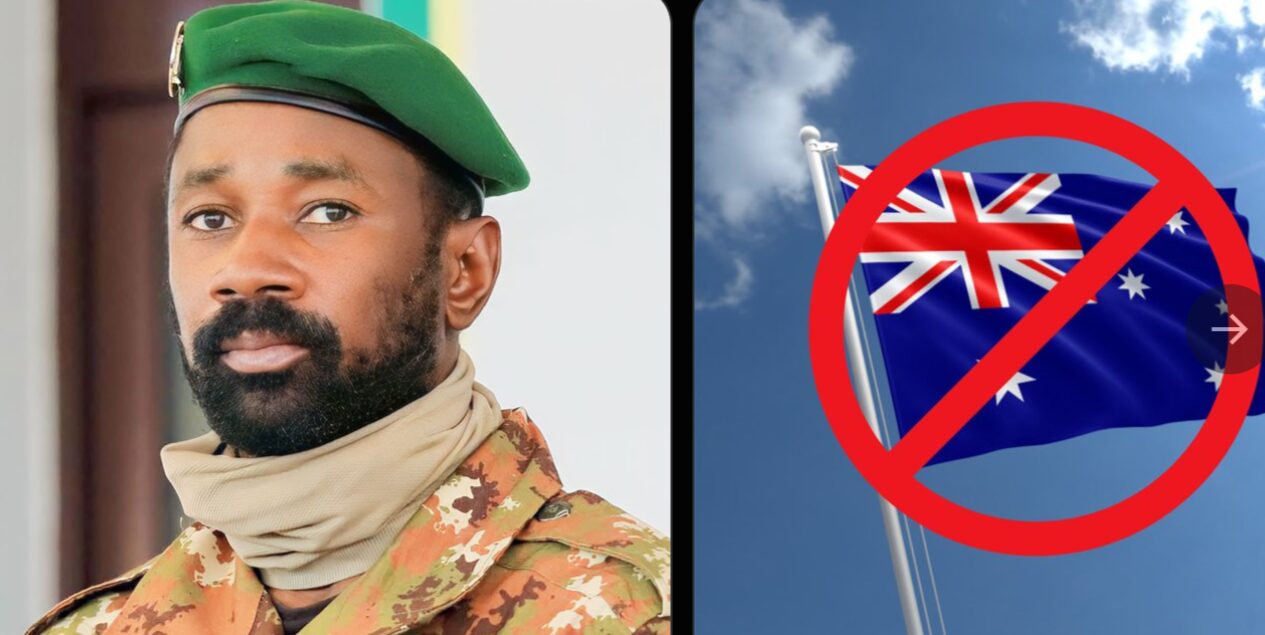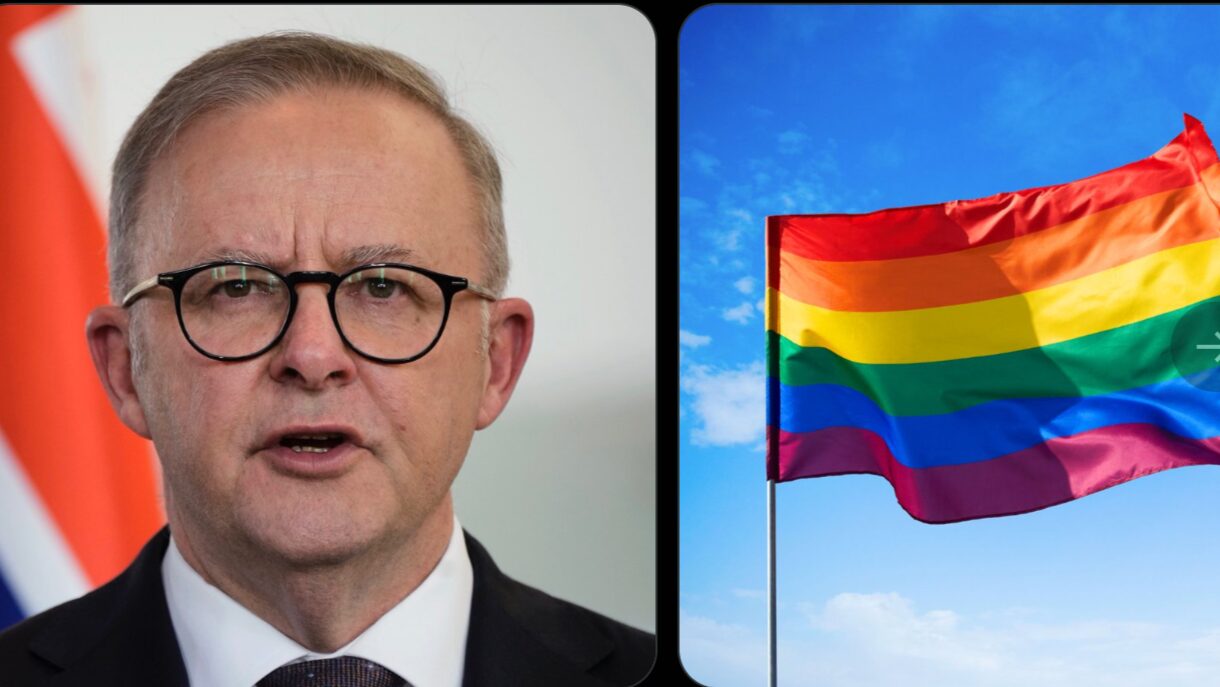RUSSIA has ARRESTED a TRANSGENDER ISRAELI for joining a TERRORIST organization
In a shocking development that has captured global attention, Russian authorities have arrested a transgender Israeli individual for allegedly joining a terrorist organization. The arrest marks a significant escalation in the ongoing efforts by Russian authorities to combat terrorism, particularly in relation to individuals suspected of engaging with extremist groups that threaten Russian national security. The case has raised questions about the nature of international relations, the treatment of individuals based on their gender identity, and the complex web of terrorism, political affiliation, and human rights. This incident is likely to have far-reaching consequences, both for the individual involved and for the diplomatic ties between Russia and Israel.
The Arrest and Allegations
Russian authorities have not released the full details surrounding the arrest of the transgender Israeli individual, but reports indicate that the individual was apprehended for allegedly being involved with a terrorist organization. The arrest is reportedly tied to accusations that the individual had joined a group considered to be a threat to Russian security, though the specific nature of the group remains unclear at this stage. The identity of the arrested individual has not been fully disclosed to the public, though it has been confirmed that they are a transgender person from Israel.
Russia has long been a vocal opponent of terrorism, particularly regarding organizations that are seen as undermining state sovereignty or destabilizing the region. In the past, Russia has taken strong actions against individuals and groups that it deems as supporting terrorist activities, regardless of their nationality. This arrest serves as a reminder of the Russian government’s ongoing commitment to combating terrorism at any cost, a position that has often placed Russia at odds with various international actors and human rights organizations.
For Israel, the arrest of one of its citizens by a foreign government raises concerns over the diplomatic fallout that could follow. Israel has historically taken a firm stance against terrorism and has implemented strict counter-terrorism laws to protect its citizens. The arrest of an Israeli citizen in such a high-profile manner could strain diplomatic relations between Russia and Israel, particularly if the individual is not granted fair treatment or if there are discrepancies in the handling of the case.
The Role of Gender Identity in the Case
One of the more unique aspects of this arrest is the gender identity of the individual involved. The fact that the arrested person is transgender has raised questions about how their identity might factor into both their treatment by Russian authorities and the media coverage surrounding the case. It remains to be seen whether the individual’s gender identity will play a role in the legal proceedings or influence the public’s perception of the arrest.
Transgender individuals often face unique challenges when it comes to issues of human rights, equality, and access to justice, particularly in countries where gender identity is a sensitive or controversial topic. While Russia has made some strides in recognizing the rights of transgender people, there are still significant barriers to full acceptance and legal protection. This case could become a focal point for activists and human rights organizations advocating for transgender rights, especially if it emerges that the individual’s gender identity is being used to further vilify them in the media or impact the fairness of their trial.
Moreover, the international community may question whether this arrest could be seen through the lens of bias or discrimination against transgender individuals. This potential issue adds a layer of complexity to an already controversial case, as human rights advocates could press for more scrutiny in how the individual’s treatment is handled by Russian authorities. Whether or not gender identity plays a role in the investigation and legal proceedings remains to be seen, but it’s an element that could further complicate this high-stakes case.
Implications for Israel-Russia Relations
The arrest of an Israeli citizen by Russian authorities is likely to have a significant impact on the diplomatic relationship between Russia and Israel. Both countries have had a complex but generally cooperative relationship, particularly when it comes to issues of security in the Middle East. However, Israel’s stance on terrorism and its close ties to international allies, such as the United States and European nations, could make this arrest a point of contention.
Israel is known for its strong intelligence community and its commitment to countering terrorist organizations worldwide. If the individual arrested is found to have had ties to groups that pose a threat to Russian or international security, Israel will likely work to distance itself from any wrongdoing and may demand that the individual be treated fairly according to international law. Israel may also seek to provide consular assistance and legal support for the arrested individual, as is customary in cases involving its citizens detained abroad.
On the other hand, Russia’s legal system is notoriously opaque, and many foreign nationals who are arrested in the country find it difficult to navigate the legal process. If the transgender Israeli individual is not provided with appropriate legal representation or is subjected to harsh treatment while in detention, it could further strain relations between Russia and Israel. The case may also serve as a reminder of the broader challenges facing foreign nationals detained in Russia, particularly those from countries that may not share close political ties with the Russian government.
Terrorism and Counterterrorism Efforts
The arrest of the transgender Israeli individual brings to light the ongoing global struggle against terrorism and extremism. Russia, like many other nations, has long been a target of terrorist organizations, particularly those with roots in the Middle East and Central Asia. The Russian government has made counterterrorism a priority, using a combination of military action, surveillance, and diplomatic efforts to combat extremist groups that pose a threat to its sovereignty and security.
For Israel, terrorism is an ever-present issue, given the country’s geographic location and its long-standing security concerns in the Middle East. The Israeli government has faced a multitude of terrorist threats over the years and has developed an advanced security infrastructure to protect its citizens. Israel’s approach to counterterrorism is typically proactive, and it is likely that the government will closely monitor the situation surrounding this arrest, particularly if it involves an Israeli citizen potentially linked to a terrorist organization.
The arrest could also spark debates within the international community about how terrorism should be addressed across different regions. Russia’s handling of the case may set a precedent for how other countries deal with individuals who are accused of terrorism, especially in cases involving foreign nationals. International law and human rights organizations may closely scrutinize the case to ensure that it is handled fairly and transparently.
In Conclusion
The arrest of a transgender Israeli individual by Russian authorities on charges of joining a terrorist organization is a significant and controversial development. The case raises important questions about international diplomacy, the treatment of transgender individuals in legal matters, and the ongoing global battle against terrorism.
As the situation unfolds, it will be crucial for Israel, Russia, and the international community to navigate the complexities of the case carefully. How the individual is treated during their detention and the outcome of their trial will have lasting implications for the future of international relations, the rights of transgender individuals, and counterterrorism efforts worldwide.

















Post Comment